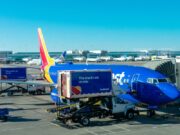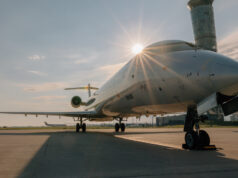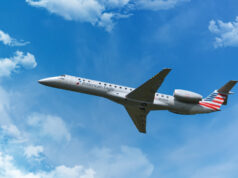
Each month, new hire pilots at regional operator Trans States Airlines sit down to dinner with the Chief Operating Officer, Flight Ops leadership, and the Pilot Recruiting team. The purpose of this monthly get-together is simple. “Trans States is a family,” explains Pilot Recruiter Susan Eriks. “The new hire dinner is a great way for us to welcome our new family members and show them what Trans States is all about. We look forward to it all month long.”
During the monthly get-together, new hires are asked to share why they chose Trans States over other regional carriers, and the airline’s family-like culture comes up again and again. That doesn’t surprise Trans States Director of Recruiting, Stacey Ross. “We take a personal interest in the success of each of our pilots,” she remarked. “That commitment to our people shines through from a candidate’s very first interaction with our recruiters.”
In fact, Trans States’ family-oriented culture is part of what makes its flow program with Frontier Airlines a natural fit. The Denver-based Airbus operator takes great pride in making new pilots feel at home on day one. “Even when I was a new hire, it was incredibly impressive how much our airline cares about you as a person,” recalls Frontier First Officer and Instructor, Chris Dillon.
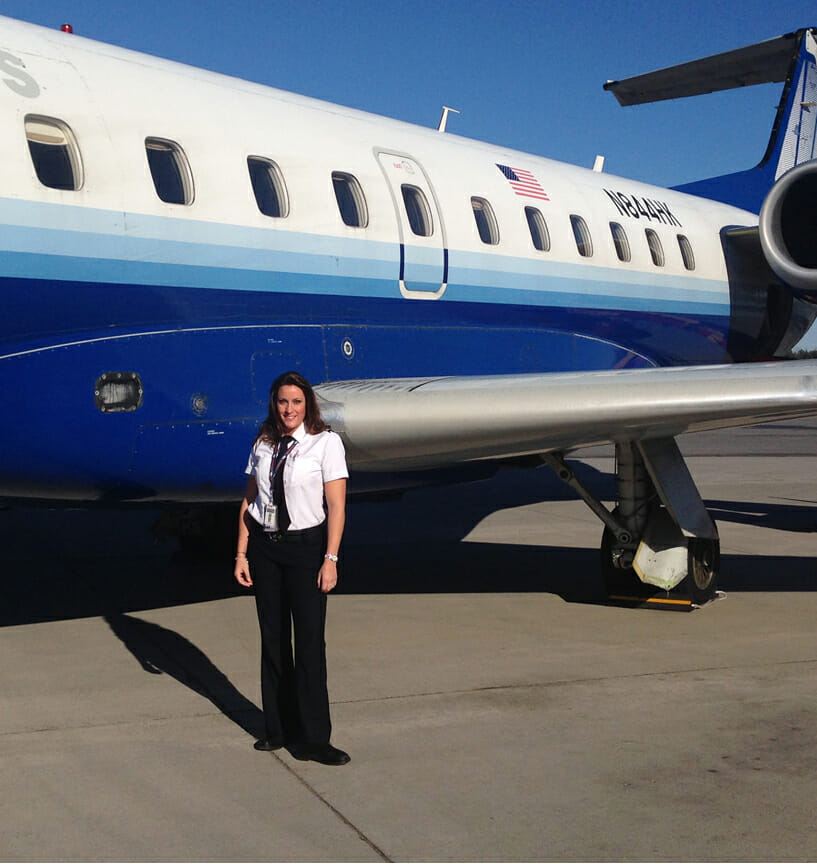
Image courtesy of Frontier Airlines
“The culture at Frontier is family,” adds Captain Elyse Swedberg, Frontier’s Denver Chief Pilot. “We are a fun-loving group and we always try to make everyone feel included.”
The flow program between Trans States and Frontier isn’t a guaranteed interview—it’s a true flow. Trans States pilots who opt-in to the program are guaranteed a First Officer position at Frontier after as little as two years so long as pilots maintain predetermined qualifications in training, reliability and discipline. Like other flow programs, no additional interview is required, which means that a pilot’s interview with Trans States could be the last one of their career.
Herself a Trans States alum, Captain Swedberg credits the Trans States training footprint as providing a valuable foundation for her current success at Frontier. “Trans States provided me with all of the tools I needed to succeed as a pilot in the 121-industry,” she remarked. “They prepared me to operate a jet in the most safe and efficient manner possible, and to to use the resources at my disposal to do my job well.”
Swedberg praises the Trans States instructors in particular for providing the guidance and direction that allowed her to become the pilot she is today.
“My instructors were so knowledgeable, very supportive and encouraging,” Swedberg said. “They expect a lot out of you because they want the best for you and want to ensure that when you go out on the line, you are not just going to succeed with Trans States, but throughout your entire flying career.”
Trans States Director of Flight Operations Lee Stelzner cites the similarities in both companies’ cultures, as well as the strength of the Trans States training program, as contributing to the ease in which Trans States pilots have transitioned to the Frontier flight deck.
“Trans States Airlines is a great place to build the experience you need to meet the Frontier hiring requirements,” Stelzner said. “With our outstanding training footprint, pilots are very well-prepared to enter Frontier’s training environment and succeed.
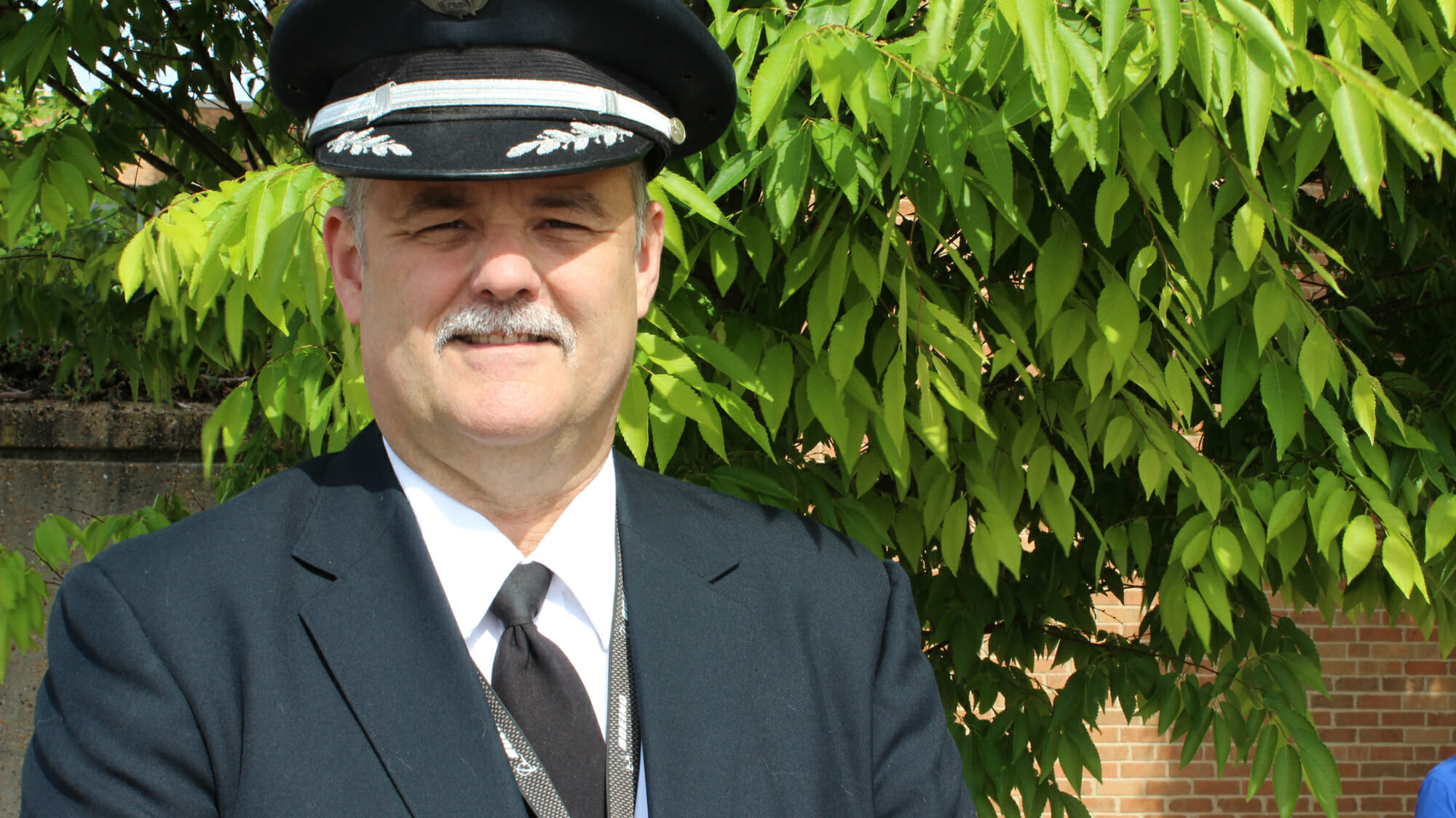
Trans States Captains Benjamin Church and Jeffrey Martin were two of the first Trans States pilots to opt-in to the flow program. Both appreciated the ease of transitioning to Frontier looked forward to flying Frontier’s fleet of Airbus 319, 320 and 321s.
“My flow process has been simple and hassle-free,” Captain Church said prior to his departure for Frontier earlier this year. “I am most looking forward to flying an Airbus, learning new procedures and expanding my skill sets even more.”
Captain Martin echoed those sentiments, remarking that he looked forward to seamlessly advancing his career, as well as the opportunity to fly the Airbus.
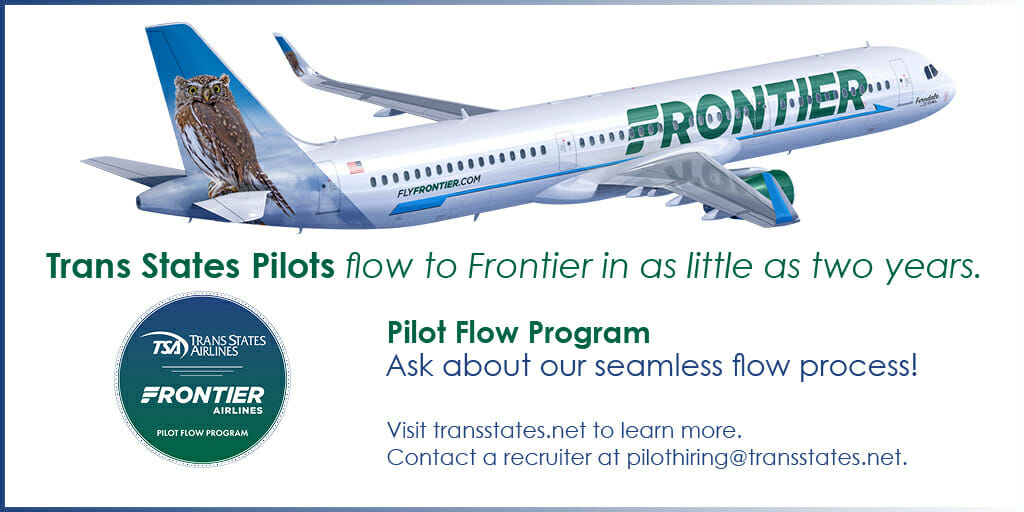
Image courtesy of Trans States Airlines
For many pilots, an airline’s potential for growth is a key deciding factor when considering where to build a career. That’s because obtaining additional aircraft mean faster Captain upgrades. Frontier pilots have a lot of growth to look forward to, given that Frontier has announced its intent to triple the airline’s fleet size over the next 10 years, growing the airline’s order book by 200 aircraft.
Additionally, Trans States’ route map is shifting west, and its growing Denver crew base has been very popular with its pilot group. Given the base’s popularity and Frontier’s significant presence in Denver, it’s of no surprise that the flow program has proven attractive to the Trans States pilot group.
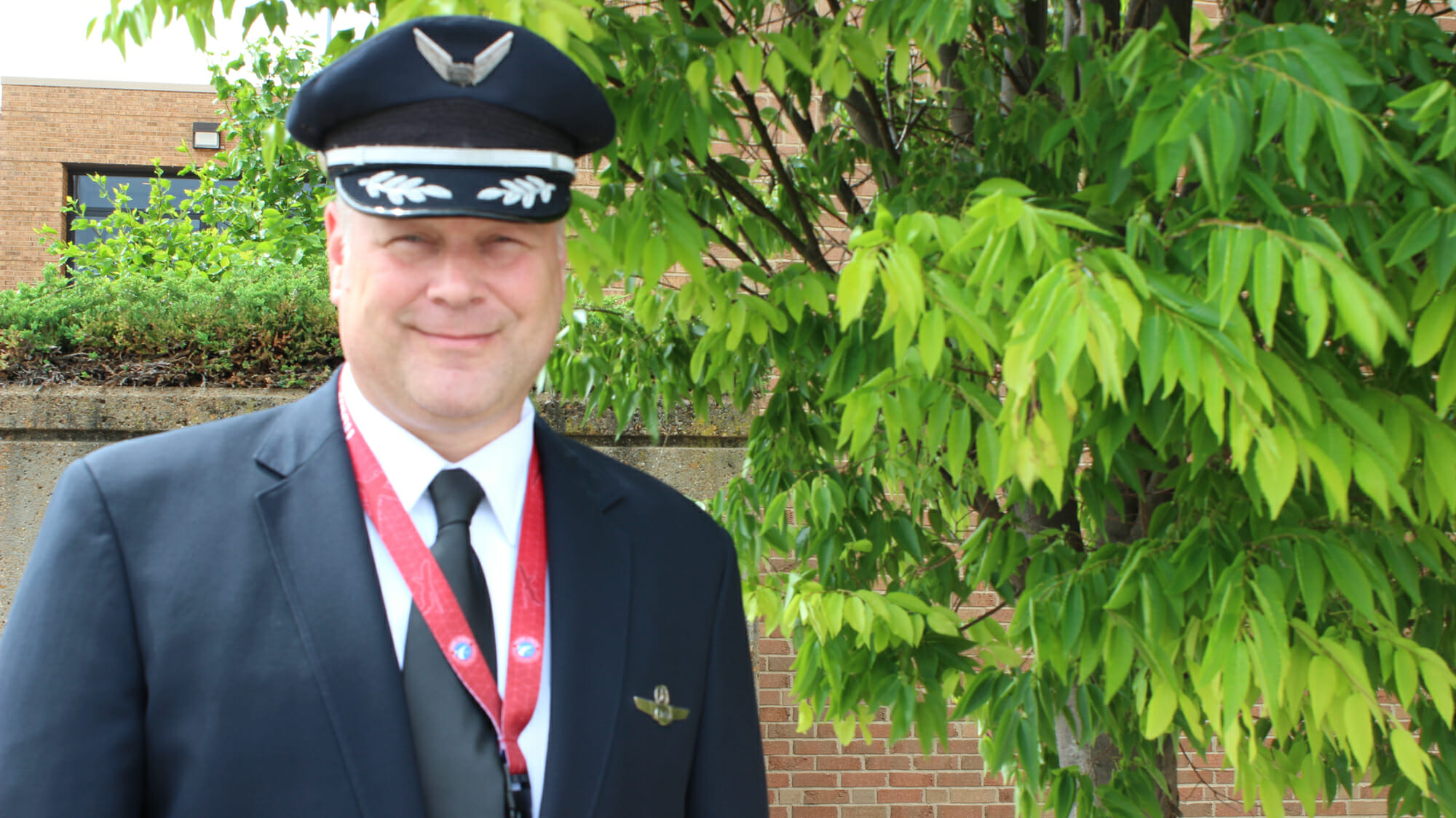
Prior to his departure for Frontier earlier this year, Captain Martin looked back on his time at Trans States. “At Trans States, we’re a close-knit group of pilots and are much like family here,” he said. “I truly enjoy working with our crews, and I’m going to miss it.”
Unsurprisingly, the Frontier team made him feel right at home.
For more information about the Trans States and Frontier flow program, please visit transstates.net or email pilothiring@transstates.net.

Image courtesy of Trans States Airlines


























































